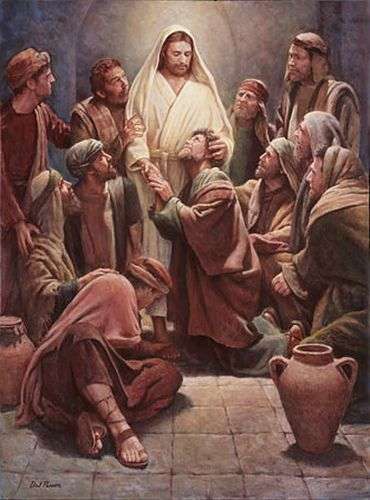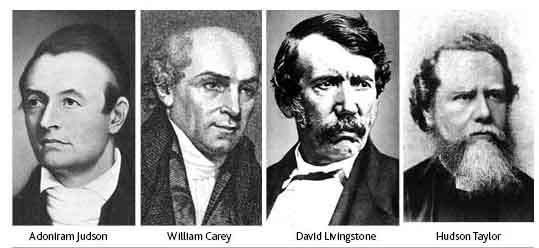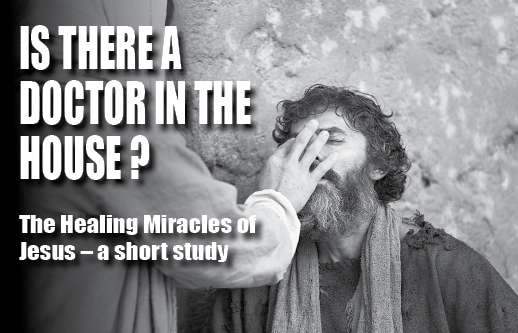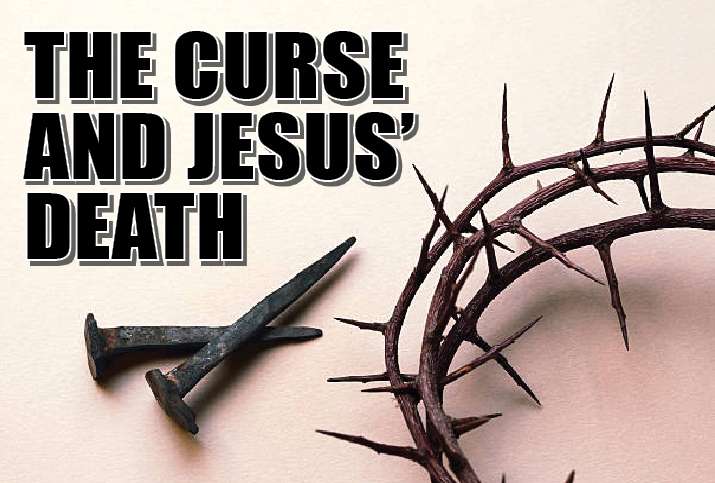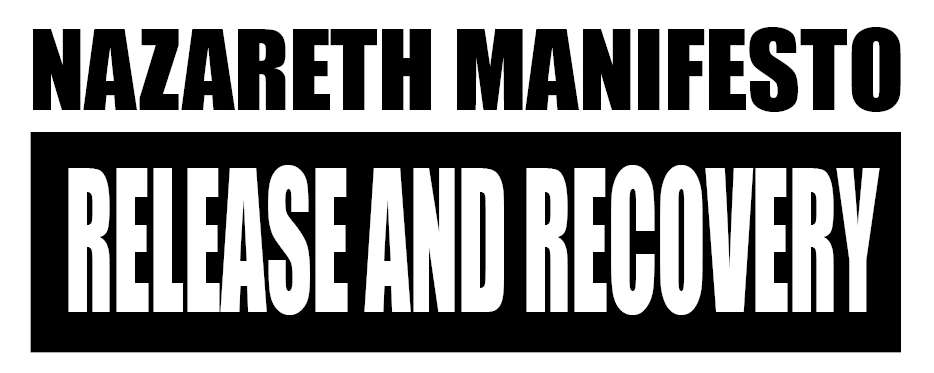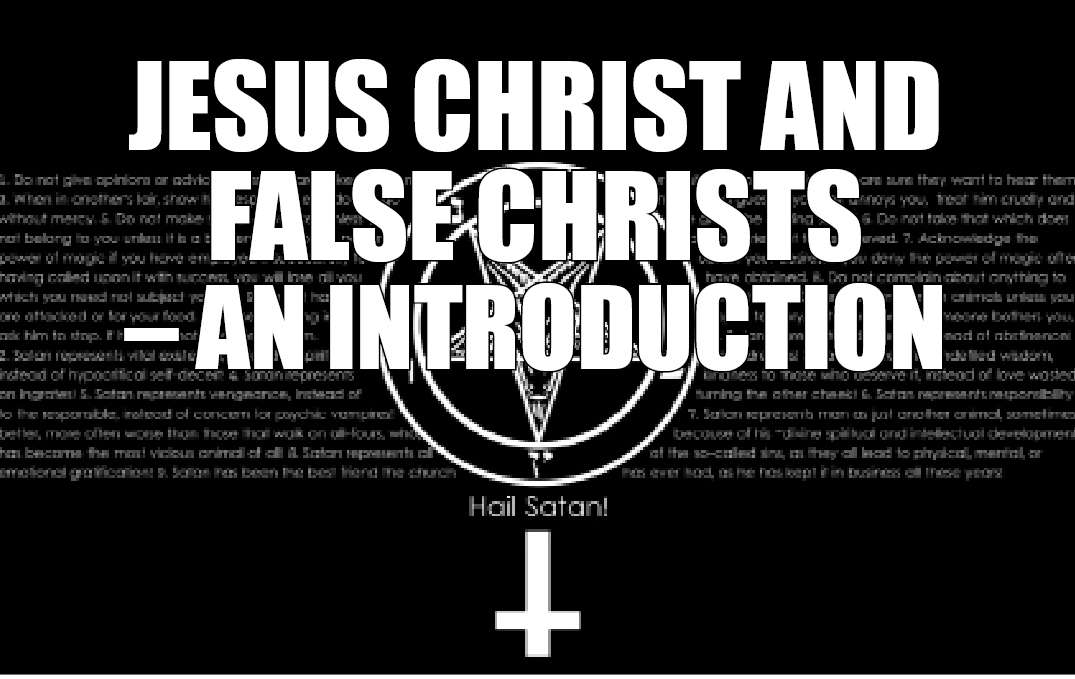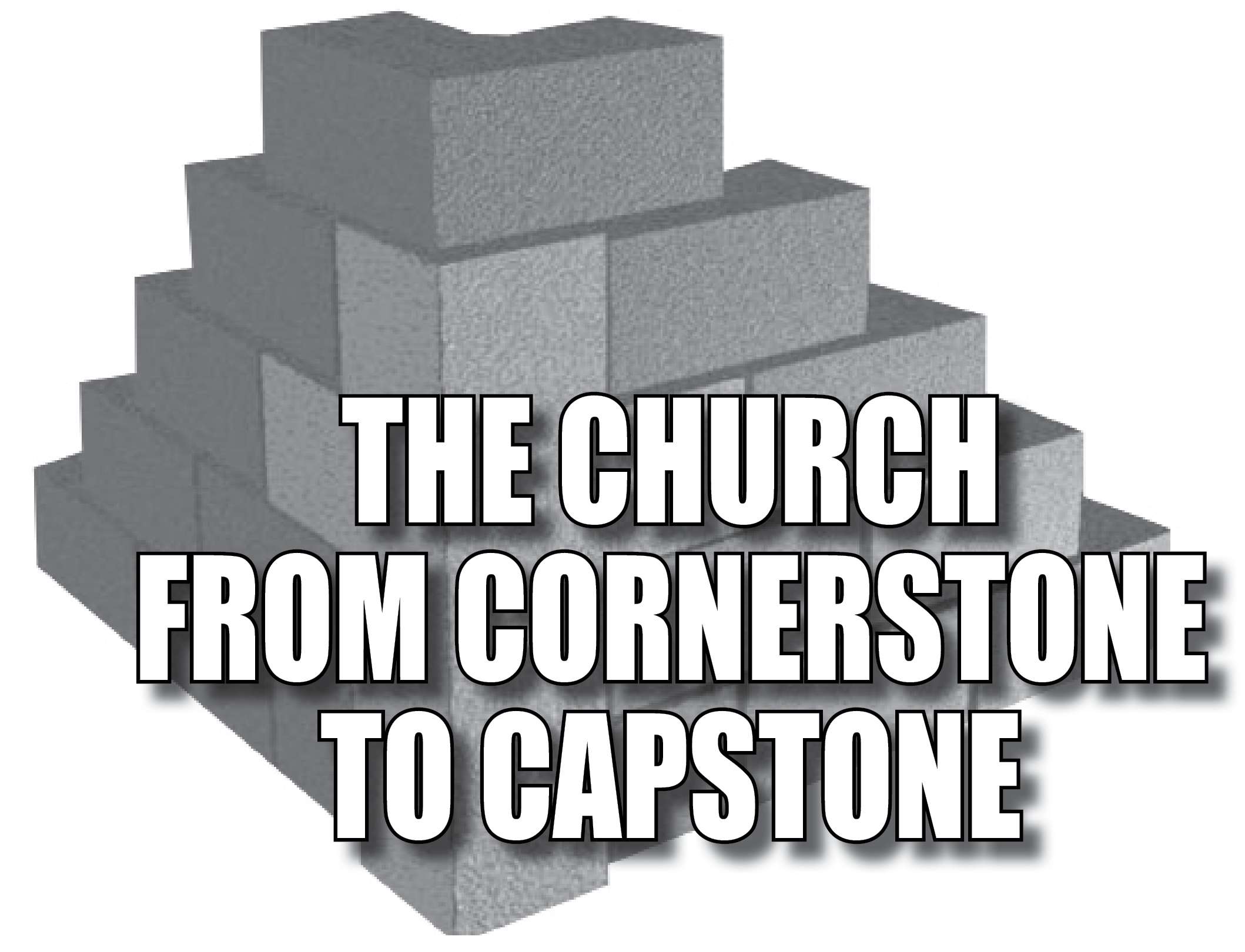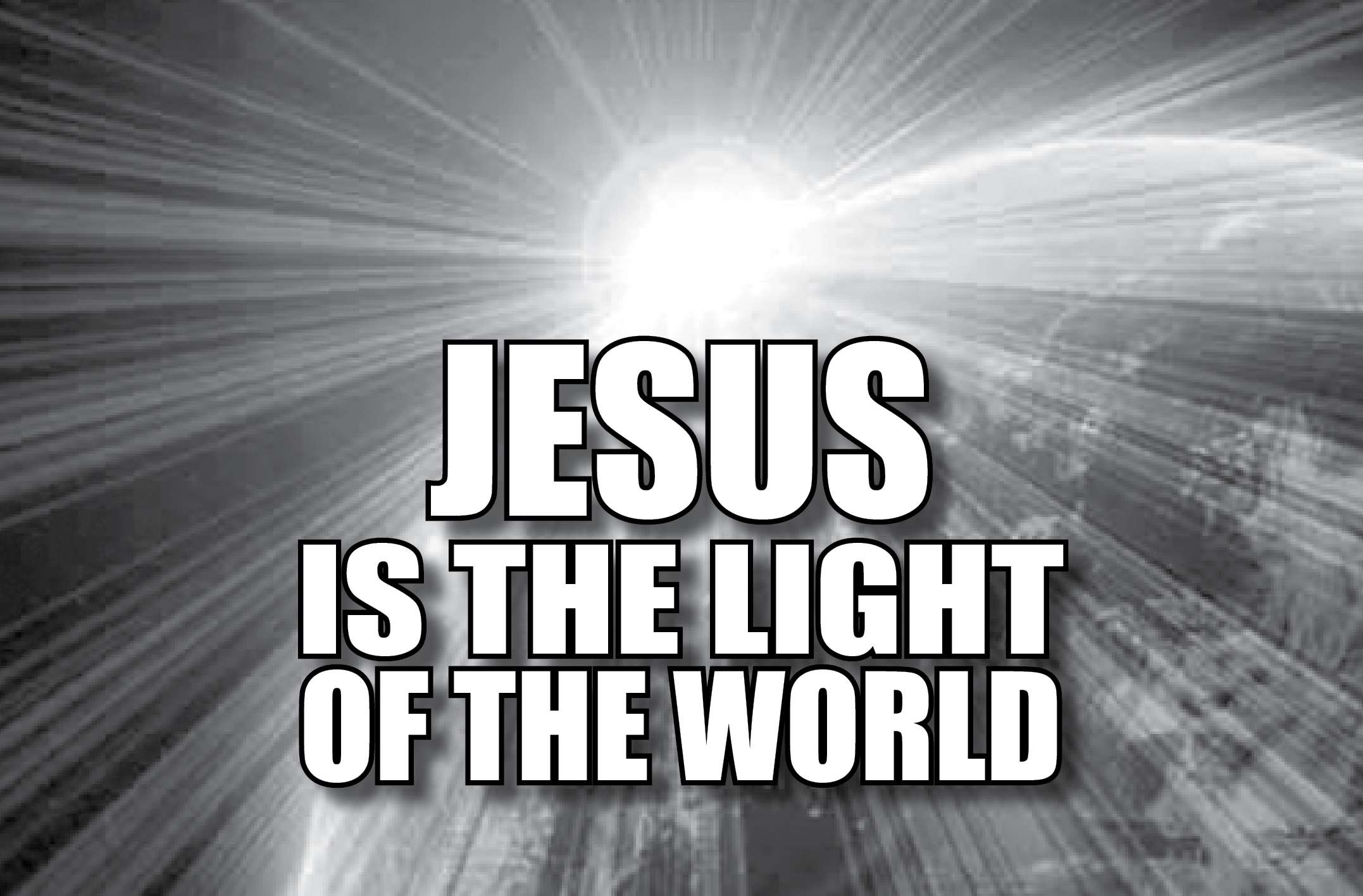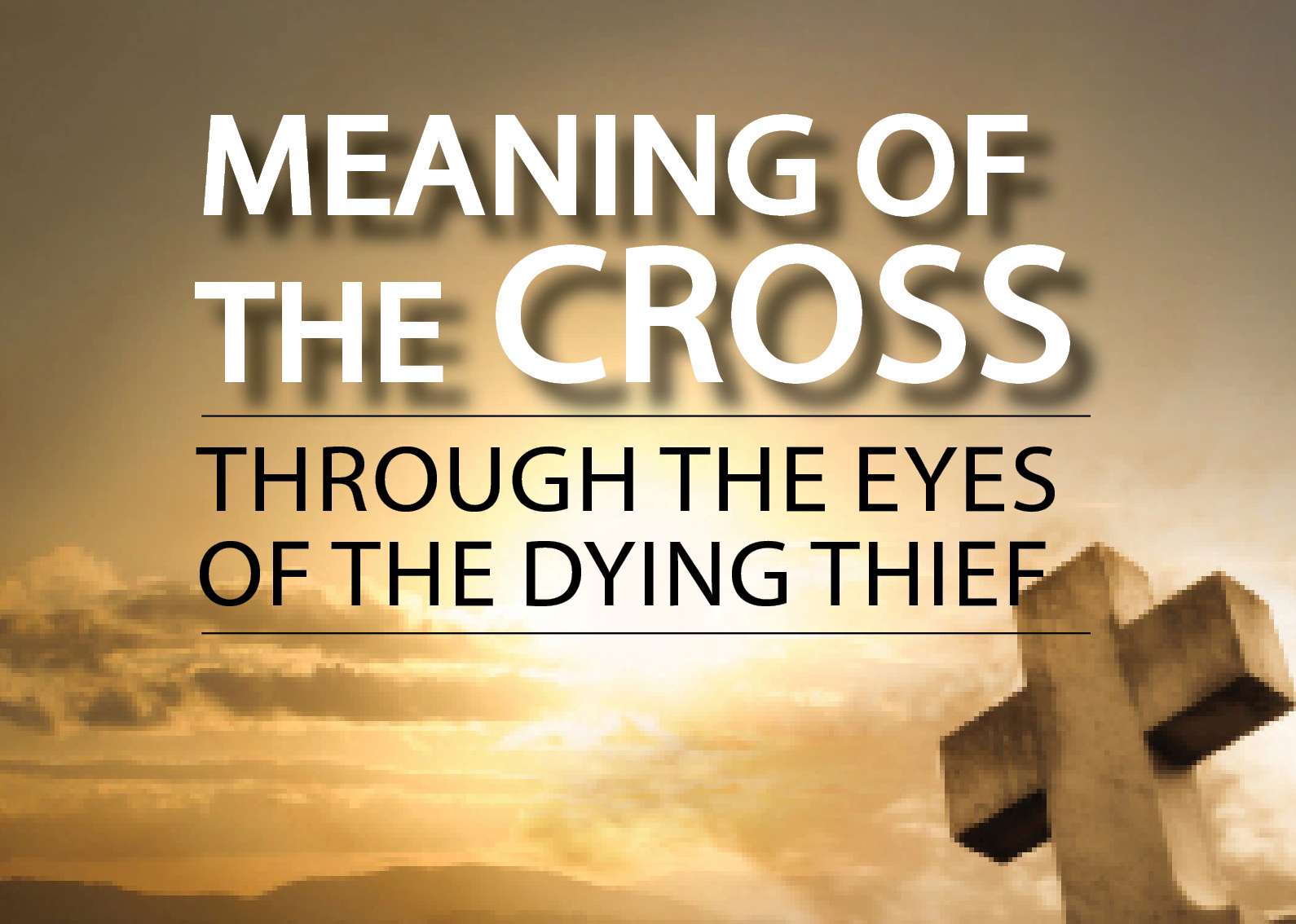

Jesus: Prophet Par Excellence
Dr. Kris A. Jackson
As Amos, one of Israel’s great statesman from twenty-eight centuries ago, confessed, “I was no prophet, nor the son of a prophet” (Amos 7:14), in writing on the subject of prophets and prophecy, I must admit to the same. There are an estimated 600,000 pastors and chaplains in the United States without venturing estimates for other countries, but no survey would dare estimate the number of prophets in ministry. How would a prophet be defined? Some denominations claim the ministry of prophet went out with the First Century. Others acknowledge the prophetic ministry but hold the gift at arm’s length. Another segment of the church chases prophetic “words” much like the Athenians who “spent their time in nothing else but either to tell or hear some new thing” (Acts 17:21). I will never forget one particular woman, lingering long after the altar call in a revival meeting, who nervously asked, “Do you have a word for me?” I had just preached for an hour under a strong anointing expounding nearly a hundred scriptures, had she missed the many “words” already spoken? We must never minimalize the Word in our yearning for “words”. Plus I would suggest shying from those who demand a title of authority,“Apostle This”,“Prophet That” or “Bishop So and So”, etc. I know many men who are apostolic who do not wear a nametag designating them as Apostle. The same with prophets.The present church may be better served if we would speak of prophetical ministry or prophetic voices rather than categorizing the individual minister as being a prophet. There were, however,“prophets” in the Book of Acts (Acts 11:27), Judas, Silas and Agabus(Acts 15:32, 21:10) as well as the mention of prophets extended onward into the coming Tribulation (Rev 16:6, 18:24).
If we can’t quickly define what a prophet is, we can surely agree on what a prophet is not. The anointed vessel is not a personal “guru”, spiritual “coach” or religious figure who spends sixteen hours a day “lost in the Spirit”. Prophecy is more practical than mystical. The office gift can be predictive in nature but is normally more a forthtelling of the wisdom and insights of God than a foretelling of future events or of mysteries unknown to man. Most“mystics” turn out to be big “mistakes”.Paul taught that God has set within the church the office gift of prophet which is to function not only for the establishing of the Church but through the entirety of the Church Age (Eph 4:11-13, 1 Cor 12:18). The gift is not exclusive but works in harmony with the foundational ministry of the apostle, as the two gifts of apostle and prophet are nearly always mentioned together (Luke 11:49, 1 Cor 12:28, Eph 2:20, 3:5, 4:11, 2 Pet 3:2, Rev 18:20). Guidance and governance go hand in hand.
Though we can testify of prophetic abuse and misuse, there is no reason to run to the opposite extreme and reject prophecy altogether. Paul admonished, “Do not despise prophecies”
(1 Thes 5:20). If prophecy rubs a person the wrong way the simple solution is to turn around! In the United States churches are considered “non-profit” organizations, unfortunately many of them are “non-prophet” as well. Jesus said prophets are not without honor except in their own country;
I am afraid prophets aren’t honored enough in any country.“He who receives a prophet in the name of a prophet shall receive a prophet’s reward…” (Mat 10:41) The reward is the anointed word he or she speaks – “Believe in the Lord your God, and you shall be established; believe his prophets, and you shall prosper” (2 Chron 20:20).
When speaking of “the” Prophet there is only One who qualifies. Jesus is “the Apostle and High Priest of our profession” (Heb 3:1). As He alone is “the” Apostle He also is “the” Prophet. Christ is the premier prophet, the prophet par excellence. Fifteen-hundred years before Christ, the Lord told Moses – “I will raise up for them a Prophet like you from among their brethren, and will put my words in His mouth, and He shall speak to them all that I command Him. And it shall be that whoever will not hear My words, which He speaks in My name, I will require it of him” (Deut 18:18,19). Both Peter and Stephen quoted that passage applying the words to Jesus Christ (Acts 3:22,23, 7:37).When Jesus said “it cannot be that a prophet should perish outside Jerusalem” (Luke 13:33) He affirmed that He was a prophet. When the blind man who was healed by Christ was interrogated by the Pharisees, he testified, “He is a prophet” (John 9:17). After feeding thousands with a few loaves and fishes, the people agreed, “This is of a truth that prophet that should come into the world” (John 6:14). Again, when Jesus raised the widow of Nain’s son from the dead “fear came upon all, and they glorified God, saying, a great prophet has risen among the people” (Luke 7:16), not because of what He said but because of what He did. A prophet’s walk is more telling than his words. Jonah is called a prophet but there is nothing in the book that bears his name that can really be called prophecy. His whole life was a prophecy, not just the words of his mouth. Similarly, because of the witness of Jesus’ life “the people took Him as a prophet” (Mat 21:46). The two disciples on the road to Emmaus discussed “Jesus of Nazareth, who was a prophet mighty in word and deed before God and all the people” (Luke 24:19). Here “deed” is of equal weight with “word”, and the life lived “before God” was as much the ministry of the prophet as what was seen before “all the people”.
The woman at the well responded, “Sir, I perceive that you are a prophet” (John 4:19). Hardly an uneducated guess since He had just read her life biography, being married to five men and living with the sixth. Prophets know what others do not know, not because they are hyper-spiritual but because they live close enough to God to hear His whispers. “The secret of the Lord is with them those who fear Him, and He will show them His covenant” (Psalm 25:14). Prophets are private men, praying men, precise men and prescient men. When the harlot poured ointment on Jesus’ feet the Pharisee host murmured, “this man, if he were a prophet, would have known who and what manner of woman this is that touches him: for she is a sinner” (Luke 7:39). As prophet, Jesus did “know” the condition of the woman’s life, but prophets aren’t necessarily sent to warn, judge or prophesy doom and gloom, as prophet, Jesus came to display the love of God. On another occasion when the Pharisees brought a woman to Jesus “caught in the very act” of adultery, rather than grab a stone and join the execution party, Jesus stooped and wrote words in the dust of the Temple floor. Whatever He penned with His finger convicted the men, from the eldest to the youngest, who dropped their stones and hurried for the Temple exits. There, His ministry as prophet was redemptive for the accused, condemning for her accusers. The work of the prophet is not to stone but to save.
As premier prophet Jesus was God’s final word to mankind. God has “in these last days spoken to us by His Son", period, there is nothing to add (Heb 1:1).Now “the testimony of Jesus is the spirit of prophecy” (Rev 19:10). In other words, all prophetic inspiration today must agree with His Name and Nature. Christ is the Message for this Mess Age. We don’t have space here to discuss the prophet’s message, the process is rather elementary, “Son of man, I have made you a watchman for the house of Israel; therefore hear the word at my mouth, and give them warning from me” (Ezek 3:17). To hear the word “at my mouth” one must draw very near. The prophet listens then hastens. More important, however, than the message is the man. If the message and the man aren’t in harmony then the audience will be confused. We would hope that the prophet has intelligence but if choice must be made we would prefer he has integrity.
Ministries normally overlap, there are evangelistic apostles, prophetic evangelists and apostolic pastor-teachers, etc. Jesus wore the High Priest’s miter but also the hats of every other office gift. So in the Sermon on the Mount He was speaking as an Apostle laying out the constitution of the Kingdom. Most of His parables were spoken from the heart of the Great Evangelist. Christ, the Chief Shepherd or “pastor” spent three and a half years loving, molding and training the Twelve. Many of His followers referred to Him as “Good Teacher” because He flowed in a special anointing to break down the will of God into simple instructions and admonitions. But He also made clear, predictive utterances that confirmed Him to be a prophet, the Prophet like unto Moses, who would be sent into the world. The Olivet Discourse from Matthew chapter 24 and its echoes in Mark 13, Luke 17 and 21 map the Church’s and Israel’s future, predicting events that could not have been conceived of in His day, but also offering warnings, guidance and strategies which if obeyed will bring deliverance to those to whom the prophecies were sent.
Most of the substance of His prophecies had supporting scriptures from the Law, Prophets and Psalms. Jesus didn’t just speak “off the cuff”. He may have had fresh light on old scriptures but the content of everything He said could be confirmed by the Word. Jesus knew what was in man, He perceived the reasonings of men’s hearts, He prophesied His own sufferings, death and resurrection and walked out God’s purposes according to what had been revealed to Him, as prophet.
He is Model for every ministry. Jesus not only shares valuable lessons for us to learn, He is the whole curricula. As His followers we have the right to seek a measure of His prophetic anointing for ourselves. John said, “And of His fullness we have all received…” (John 1:16) Christ is “the” Prophet but Moses shared Christ’s heart when he declared, “Oh, that all the Lord’s people were prophets and that the Lord would put His Spirit upon them!” (Num 11:29) Christ is the head of the Church. The anointing is on the Head and runs down to the skirts of His garments, meaning that every member of the Body receives a measure of His anointing, which is a prophetic anointing. “For He whom God has sent speaks the words of God, for God does not give the Spirit by measure” (John 3:34). Christ has all the measure of the Spirit, “in Him dwells the all the fullness of the Godhead bodily”. Of His full measure He gives to every individual believer “grace according to the measure of the gift of Christ” so that all believers can unite together as “a perfect man” according to “the measure of the stature of the fullness of Christ” (Eph 4:7,13). Yes, Christ is the Prophet, Par Excellence, but not as a historical figure to applaud or an encyclopedic entry to study, but as Administrator of the prophetic gift throughout the Church Age, to follow and mimic. Paul encouraged, “Pursue love, and desire spiritual gifts, but especially that you may prophesy” (1 Cor 14:1).















